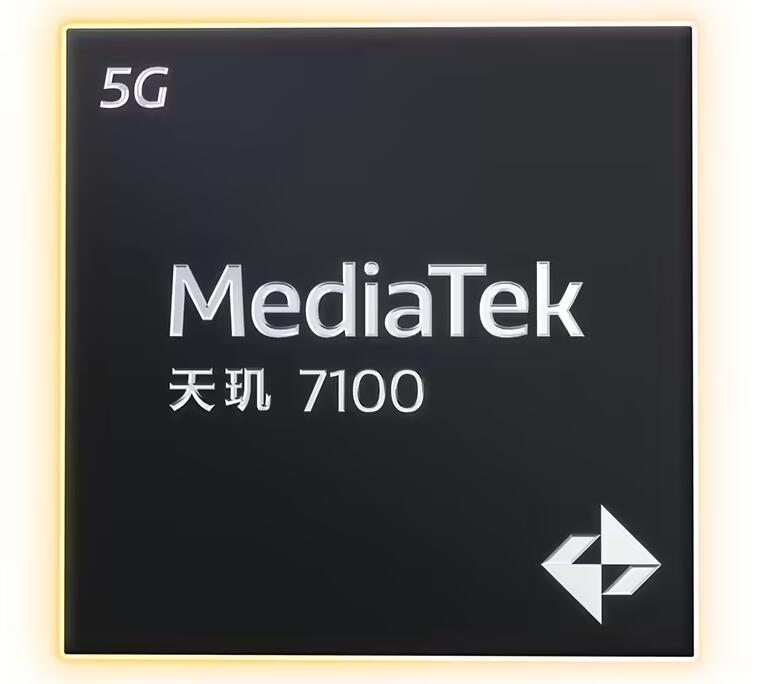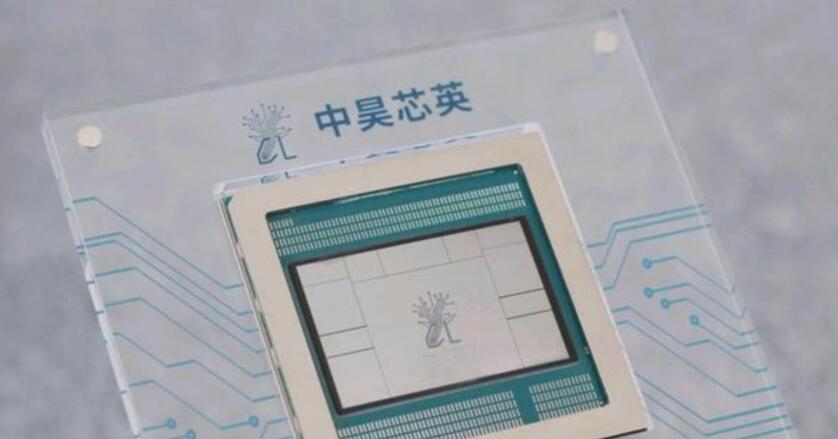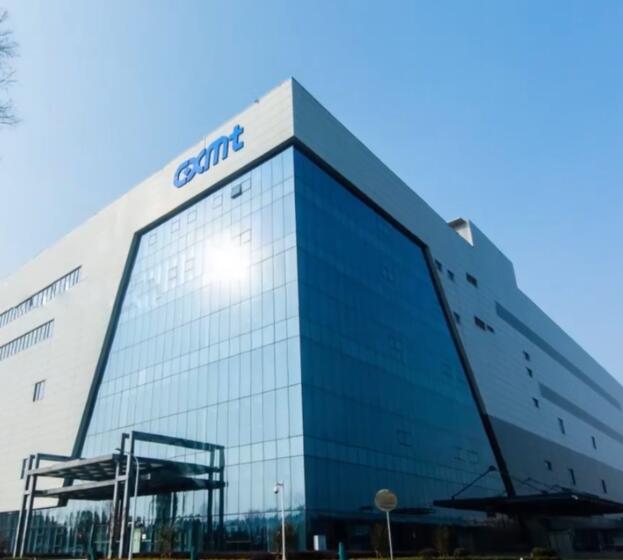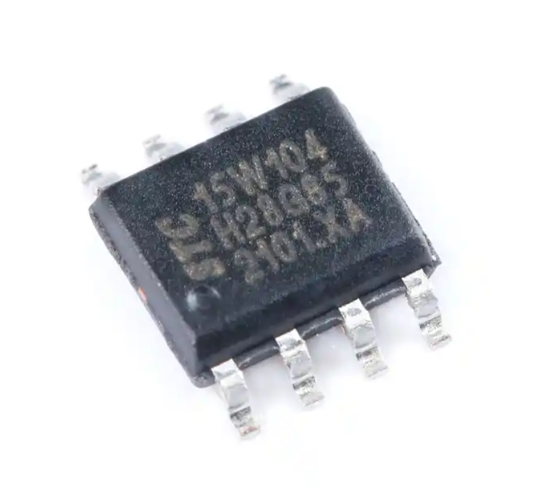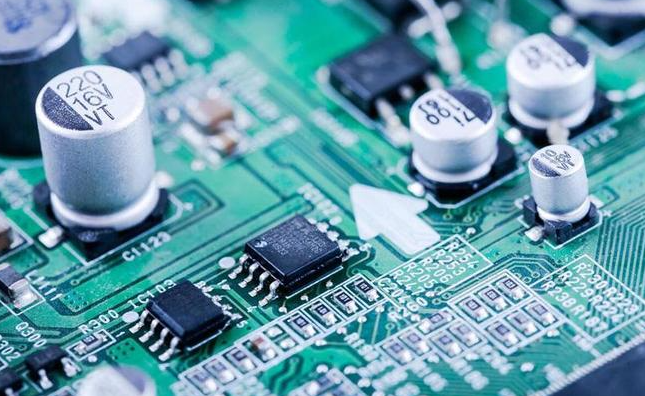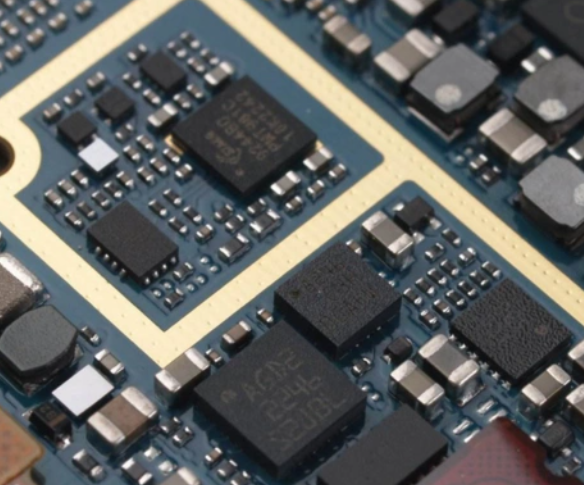Electronic Capacitor Components Suppliers: A Comprehensive Guide
Introduction
In the intricate world of electronics, where innovation races forward at a breathtaking pace, the humble capacitor remains a cornerstone of virtually every circuit. From the smartphone in your pocket to the power grid that lights our cities, electronic capacitor components are indispensable. They store energy, filter signals, stabilize voltage, and are critical for timing and oscillation. However, the performance, reliability, and ultimately the success of an electronic product are profoundly dependent on the quality of its components and the reliability of its supply chain. This makes the choice of Electronic Capacitor Components Suppliers a strategic decision for any business, from startups to multinational corporations. Navigating this complex supplier landscape requires insight, diligence, and access to the right market intelligence. This is where platforms like ICGOODFIND become invaluable, connecting buyers with a vetted global network of component suppliers.

Part 1: Understanding Electronic Capacitor Components
Before delving into the supplier ecosystem, it is crucial to understand what you are sourcing. Capacitors are passive electronic components that store electrical energy in an electric field. They are characterized by their capacitance (measured in Farads), voltage rating, tolerance, and temperature coefficient.
Types of Capacitors and Their Applications
The capacitor market is diverse, with each type offering unique advantages tailored for specific applications. Key types include:
- Ceramic Capacitors (MLCCs): These are the most common capacitors, known for their small size, reliability, and low cost. They are widely used for decoupling, bypassing, and filtering in high-frequency circuits like those found in consumer electronics. Sourcing these from reputable Electronic Capacitor Components Suppliers is essential due to market fluctuations and high demand.
- Aluminum Electrolytic Capacitors: These offer high capacitance values in a relatively small package, making them ideal for power supply filtering, audio applications, and energy storage. Their performance can be significantly impacted by temperature and operating life.
- Tantalum Capacitors: Known for their high capacitance per volume and stability, tantalum capacitors are often used in medical devices, military equipment, and space-critical applications where reliability is paramount. The supply chain for tantalum is subject to ethical sourcing concerns (conflict minerals), which responsible suppliers must address.
- Film Capacitors: These capacitors use a thin plastic film as the dielectric. They are prized for their low distortion, high insulation resistance, and self-healing properties. They are commonly found in audio circuits, power correction factors, and high-voltage applications.
- Supercapacitors (Ultracapacitors): Bridging the gap between capacitors and batteries, supercapacitors offer extremely high capacitance values. They are used for rapid charge/discharge cycles in applications like energy recovery systems, backup power, and automotive electronics.
Key Specifications to Consider When Sourcing
When engaging with Electronic Capacitor Components Suppliers, engineers and procurement specialists must scrutinize several specifications:
- Capacitance and Tolerance: The nominal value and the allowable deviation from it.
- Voltage Rating (WV): The maximum continuous voltage a capacitor can withstand.
- Equivalent Series Resistance (ESR): A critical parameter affecting performance in high-frequency applications; lower ESR is generally better.
- Temperature Range and Coefficient: How the capacitance changes with temperature.
- Lifetime and Endurance: Especially important for electrolytic capacitors.
Part 2: Navigating the Landscape of Electronic Capacitor Components Suppliers
The global market for capacitor suppliers is vast and varied, ranging from long-established giants to specialized niche players. Choosing the right partner is more than just comparing prices; it’s about ensuring a reliable flow of quality components that meet your technical and business needs.
Categories of Suppliers
Electronic Capacitor Components Suppliers can be broadly categorized into:
- Authorized Distributors: These companies have direct franchised agreements with component manufacturers (like Murata, TDK, Samsung, KEMET, Vishay). They provide genuine parts, full technical support, datasheets, and often value-added services like programming or kitting. They are the safest source for production volumes.
- Independent Distributors (Brokers): These suppliers source components from the open market rather than directly from manufacturers. They are crucial for sourcing obsolete parts or fulfilling orders during acute shortages. However, the risk of counterfeit components is higher, making due diligence imperative.
- Manufacturer Direct: Large OEMs often purchase directly from the manufacturer. This model offers deep technical collaboration but is typically not feasible for small to medium-sized enterprises due to high minimum order quantities (MOQs).
Critical Factors in Selecting a Supplier
Selecting the right Electronic Capacitor Components Suppliers requires a multi-faceted evaluation:
- Product Quality and Authenticity: The foremost concern. Suppliers must have robust processes to prevent counterfeit parts from entering their inventory. Certifications like ISO 9001 are a good baseline indicator.
- Supply Chain Reliability and Logistics: Can the supplier deliver the required quantities on time, consistently? A global logistics network and efficient inventory management are key indicators of a reliable partner.
- Technical Support and Expertise: The best suppliers offer more than just parts; they provide engineering support to help select the right component for your application, troubleshoot issues, and suggest alternatives during shortages.
- Pricing and Cost-Effectiveness: While competitive pricing is important, the lowest price can sometimes signal compromised quality or reliability. The total cost of ownership (including failure rates and downtime) should be the primary consideration.
- Ethical and Sustainable Sourcing: For components like tantalum capacitors, ensuring they are sourced from conflict-free mines is a legal and ethical requirement under regulations like the Dodd-Frank Act.
In today’s dynamic market, finding a supplier that excels in all these areas can be daunting. This is precisely where a platform like ICGOODFIND proves its worth. It acts as an intelligent search engine and B2B marketplace specifically for the electronics industry, aggregating information from countless Electronic Capacitor Components Suppliers. It allows buyers to quickly compare options, verify supplier credentials, check stock levels globally, and make informed purchasing decisions efficiently.
Part 3: The Future of Capacitor Supply Chains and Strategic Sourcing
The landscape for sourcing electronic components is not static. Several powerful trends are reshaping how businesses interact with Electronic Capacitor Components Suppliers.
Impact of Global Trends
- Shortages and Supply Chain Disruption: Recent years have highlighted the fragility of global supply chains. Events like the COVID-19 pandemic and geopolitical tensions have caused severe shortages of key components like MLCCs. This has forced companies to diversify their supplier base, increase safety stock, and build stronger relationships with multiple suppliers.
- The Rise of E-commerce and Digital Platforms: The traditional model of calling a distributor is rapidly being replaced by digital procurement. Online platforms offer real-time inventory data, instant quoting, and streamlined purchasing processes. Adopting these tools is no longer optional for staying competitive.
- Demand for Miniaturization and Higher Performance: As devices become smaller and more powerful, capacitors must follow suit. There is increasing demand for MLCCs with higher capacitance in smaller case sizes, capacitors with lower ESR for high-speed computing, and components that can withstand harsh environments for automotive and industrial IoT applications. Suppliers who can provide these advanced technologies will lead the market.
Building a Resilient Sourcing Strategy
To thrive in this environment, companies must adopt a strategic approach to sourcing:
- Diversify Your Supplier Base: Relying on a single supplier is a significant risk. Establish relationships with at least two or three reputable Electronic Capacitor Components Suppliers for critical parts.
- Embrace Digital Market Intelligence: Utilize platforms that provide market analytics and predictive insights. Knowing about potential price increases or allocation periods in advance can save significant time and money.
- Strengthen Supplier Relationships: Move beyond transactional interactions. Develop partnerships with key suppliers who can act as strategic advisors, offering design-in support and early warnings about market shifts.
- Leverage Advanced Sourcing Tools: Platforms like ICGOODFIND are at the forefront of this shift. By providing a centralized hub for supplier discovery, qualification, and transaction, they empower procurement teams to be more agile, informed, and resilient in the face of market volatility.
Conclusion
The role of Electronic Capacitor Components Suppliers is fundamental to the health and innovation of the global electronics industry. The journey from identifying the correct capacitor for a design to securing a reliable long-term supply is complex, fraught with technical challenges and market uncertainties. Success hinges on a deep understanding of component technology coupled with a strategic approach to supplier management. In this digital age, leveraging advanced B2B platforms is not just an efficiency gain; it is a competitive necessity. By utilizing comprehensive resources like ICGOODFIND, businesses can cut through the noise, connect with trusted partners worldwide, mitigate supply chain risks proactively, ensure component authenticity through verified networks like those featured on ICGOODFIND’s platform which connects you directly to qualified vendors ensuring quality control from start-to-finish while streamlining their procurement process—ultimately ensuring that their products are built on a foundation of quality and reliability.

